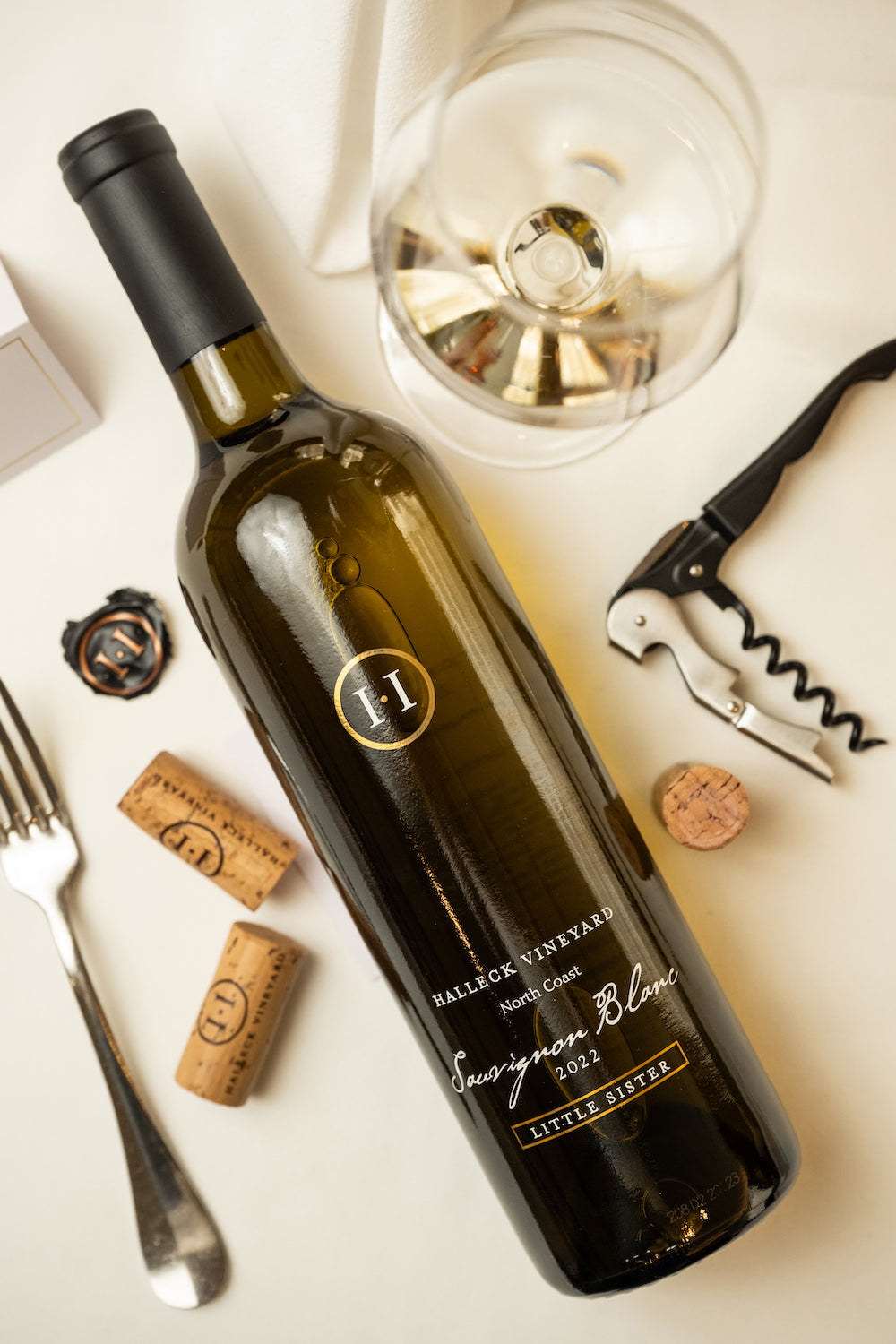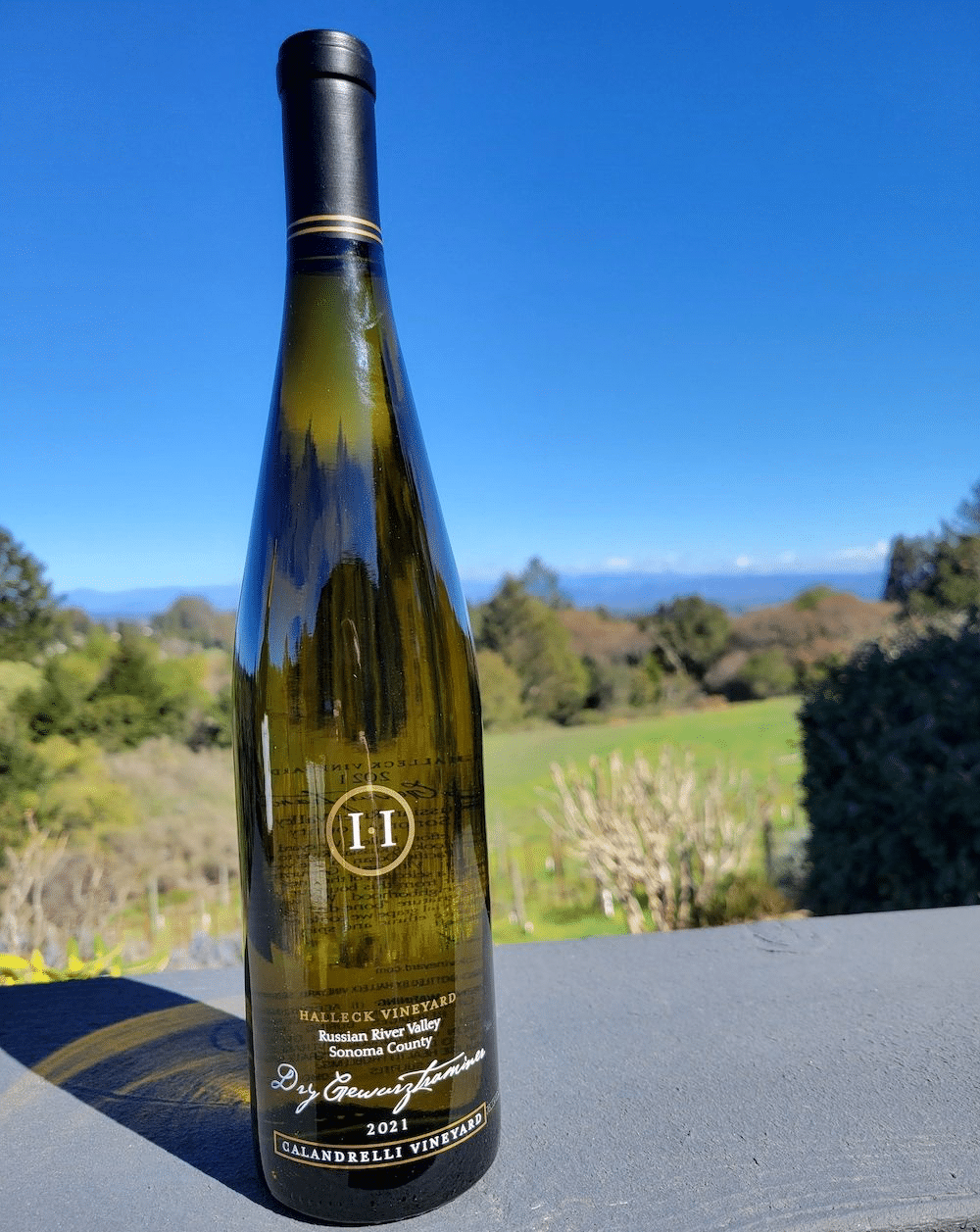Wineries Known For Sustainable Practices In Sonoma - Top Sonoma Wine Tasting Destinations
Wineries Known For Sustainable Practices In Sonoma - Top Sonoma Wine Tasting Destinations
Blog Article
Wineries With Sustainable Practices - Sonoma County's Best Wine Experiences
Wine tasting is usually thought to be an art type, one which goes past merely having fun with a beverage. It embraces a posh interplay of flavors, aromas, and textures that requires dedicated practice to truly grasp. Many who enterprise into the world of wine tasting rapidly notice that it entails much more than just sipping wine. Improving sensory skills through dedicated winery wine tasting can elevate the experience, reworking an informal ingesting occasion into a sophisticated exploration of the senses.
At a primary level, wine tasting engages the senses of sight, scent, style, touch, and even sound. Every element performs an important function in appreciating the nuances of a wine. When one first pours a glass of wine, the rich hues can present preliminary insights into its age and varietal. Observing the color and readability helps form expectations about the wine's flavor profile. Many don’t fully respect how this visual evaluation can set the stage for what's to follow.
The next step is to have interaction the sense of scent. Swirling the glass aerates the wine, allowing its volatile compounds to flee and fill the air with its bouquet. The nose entails some fascinating layers—different aromas can signal numerous elements of the winemaking course of, together with the type of grapes used, fermentation strategies, and getting older circumstances. Creating a eager sense of scent can be a game-changer in wine tasting.
Wineries Offering Elegant Wine Tastings - Sebastopol Vineyard Visits
To enhance this sensory skill, wine enthusiasts are sometimes encouraged to participate in devoted tastings at wineries. These tastings allow people to focus solely on the sensory experience (Wineries Near Sonoma Square). Tasting periods led by knowledgeable sommeliers or winemakers can supply insights into identifying distinct aromas. Studying to differentiate between floral, fruity, earthy, and spicy notes can empower a taster to articulate their experience with higher precision.
As one practices their sensory abilities, they could uncover that their taste preferences evolve. This transformation usually occurs after multiple tastings. A wine that initially appeared overwhelming might reveal hidden layers of complexity with a little bit of experience. Understanding tips on how to isolate individual flavors corresponding to acidity, sweetness, bitterness, and umami contributes substantially to the general wine experience.
Another essential component in improving sensory skills is the context during which wine is tasted. Environmental factors like temperature, lighting, and even the corporate current can influence perceptions. At a winery, an optimum setting can scale back distractions and enable a more profound exploration of the wine (Vineyard Picnic Spots In Sonoma Valley). Working Towards aware tasting techniques encourages a more immersive experience, allowing tasters to hone in on their senses.
It is not solely about individual notion, though. Partaking with others during a tasting also can improve sensory skills. Sharing notes and discussing impressions fosters a deeper understanding of the wine. This collaborative strategy encourages members to articulate their sensory experiences, thereby broadening their linguistic repertoire related to wine tasting.
Wineries With Outdoor Seating - Sonoma County's Best Wine Experiences
Moreover, pairing wine with food can considerably enhance the tasting experience. Different combos can convey out unique flavors in both the wine and the dish. As one tastes a wine alongside explicit foods, they can begin to acknowledge how certain components within the wine complement or contrast with what they're eating. This skill of pairing is another layer that enriches sensory growth.
Training one’s palate can contain a big selection of workouts. Some enthusiasts engage in systematic tasting experiences, sampling a spread of wines that showcase totally different varietals, regions, or vintages. Exploring this variety can sharpen the ability to discern nuances throughout totally different wine profiles. Over time, this practice builds a psychological library of flavors that might be accessed during future tastings.
Notably, written notes serve a twin purpose: organizing one’s ideas and reinforcing memory. By writing down observations about every wine, tasters can monitor their progress over time. Detailing the traits of wines assists in solidifying information, in the end deepening one’s appreciation of what they eat.
Furthermore, attending workshops or classes focused on sensory analysis may also be helpful. Many wineries supply these academic packages to assist individuals refine their skills. Usually, trained instructors guide individuals through structured tastings, focusing on particular elements of the wine. This stage of education reinforces the sensory skills asynchronously and challenges tasters to consider their experiences from different angles.
Wineries Known For Their Hospitality - A Visit To Sebastopol Wineries
Over time, the dedication to bettering sensory skills by way of devoted winery wine tasting can yield significant rewards. The enjoyment derived from wine becomes layered and multifaceted. No longer limited to a simple preference for "red" or "white," tasters begin to appreciate the stories behind each pour. They domesticate a palette able to navigating the advanced panorama of flavors with confidence.
In conclusion, the journey of enhancing sensory skills by way of devoted winery wine tasting is as rewarding as it's pleasant. It requires focus, commitment, and a willingness to study, but the outcomes far exceed the initial effort. By engaging a number of senses and taking part in considerate discussions, people not solely turn out to be more adept at figuring out flavors but additionally develop a deeper appreciation for the craftsmanship behind every bottle. The course of transforms wine from a mere beverage into a rich tapestry of sensory exploration that beckons enthusiasts to delve deeper. As skills improve, so too does the enjoyment, enriching life experiences one sip at a time.
Wineries Known For Handcrafted Wines - Sonoma Wine Tasting Adventures
- Engaging the palate via numerous wine varieties enhances the flexibility to differentiate flavors and aromas, refining overall sensory perception.
- Collaborating in guided tastings promotes targeted consideration on refined characteristics of each wine, nurturing critical tasting skills.
- Learning to determine particular grape varieties fosters a deeper understanding of terroir, which aids in recognizing regional flavor profiles.
- Incorporating food pairings throughout tastings can heighten sensory consciousness, as completely different tastes can affect one another and alter perceptions.
- Working Towards the art of swirling and nosing wines allows people to connect olfactory cues with taste, improving the ability to articulate sensory experiences.
- Attending workshops that emphasize blind tastings trains participants to rely purely on their senses rather than preconceived notions, enhancing objectivity.
- Elevating sensory skills can lead to better wine selection abilities, empowering individuals to make informed choices based on personal preferences.
- Partaking with knowledgeable sommeliers offers insights into wine-making processes, which deepens sensory appreciation and enhances vocabulary for describing wines.
- Regular participation in tastings encourages memory development of flavors and aromas, aiding within the formation of a personalised sensory profile over time.
- Sharing tasting experiences with friends fosters dialogue, selling communal studying that can enhance individual sensory skills through collaboration.undefinedWhat is the purpose of bettering sensory skills by way of wine tasting?

Improving sensory skills via wine tasting allows individuals to reinforce their capacity to determine and appreciate the assorted aromas, flavors, and textures of wine. This heightened sensory consciousness can result in a deeper understanding of wine and an websites overall enriched tasting experience.
Wineries Featuring Vineyard Tours - Best Winery In Sonoma For Quality Wine
How can I develop my sensory skills at a winery?
You can develop your sensory skills at a winery by taking part in guided tasting classes that focus on particular varietals. Interact with educated employees who can provide insights and encourage you to take notes on your impressions, enhancing both your observational and descriptive skills.
What ought to I count on during a dedicated wine tasting experience?
Wineries Near Sonoma Square - Wine Tasting Experiences In Sonoma Valley
During a dedicated wine tasting experience, expect to sample a selection of wines while receiving targeted schooling about every one. You Will study concerning the winemaking course of, tasting techniques, and tips on how to discern completely different sensory traits, all in a relaxed setting.

Is prior knowledge of wine essential to learn from a sensory skills workshop?
- Upcoming Wine Festivals In Sonoma County
No prior information of wine is critical; the workshops are designed for all levels of experience. Newbies will discover valuable info to construct from, while seasoned tasters can refine their skills and increase their palate even additional.
How do sensory skills impact my general wine appreciation?
Wineries Renowned For Cabernet Sauvignon In Sonoma - Wineries For Casual Tastings In Sonoma
Improving sensory skills considerably enhances your general wine appreciation by permitting you to determine subtleties and complexities in wines. This deeper understanding enriches your tasting experience and helps you make informed alternatives based mostly on personal preferences.
Are there specific techniques I ought to use while tasting wine to enhance my discovering the vineyards of Sonoma County sensory skills?
Affordable Wine Tastings In Sonoma County - Wine Tasting And Vineyard Tours In Sonoma
Yes, using techniques such because the "SWOT" methodology (Sight, Swirl, Odor, Sip, Savor) could be useful. Pay attention to the wine's appearance, aromatics, and mouthfeel, and take your time with each sip to totally discover the flavors and sensations.
What kind of wines are usually included in sensory skills tastings?
Sometimes, sensory skills tastings include quite lots of wines that showcase completely different regions, varietals, and styles. This diversity helps members determine distinct traits and enhances their capability to differentiate between wines.
Can sensory skills workshops be personalized to my tasting interests?
Wineries With Artisan Chocolate Pairings In Sonoma - Exploring Sonoma's Wine Landscape
Many wineries supply personalized options for sensory skills workshops, allowing you to give attention to specific types of wines or themes that curiosity you, corresponding to organic wines or distinctive regional choices. It's greatest to inquire directly with the winery for tailored experiences.
Is there a way to practice sensory skills after leaving the winery?
Sure, you presumably can practice your sensory skills at home by tasting completely different wines and maintaining a tasting journal. Experimenting with numerous food pairings and aromatics can further enhance your understanding of how flavors work together, reinforcing the abilities gained on the winery. Report this page